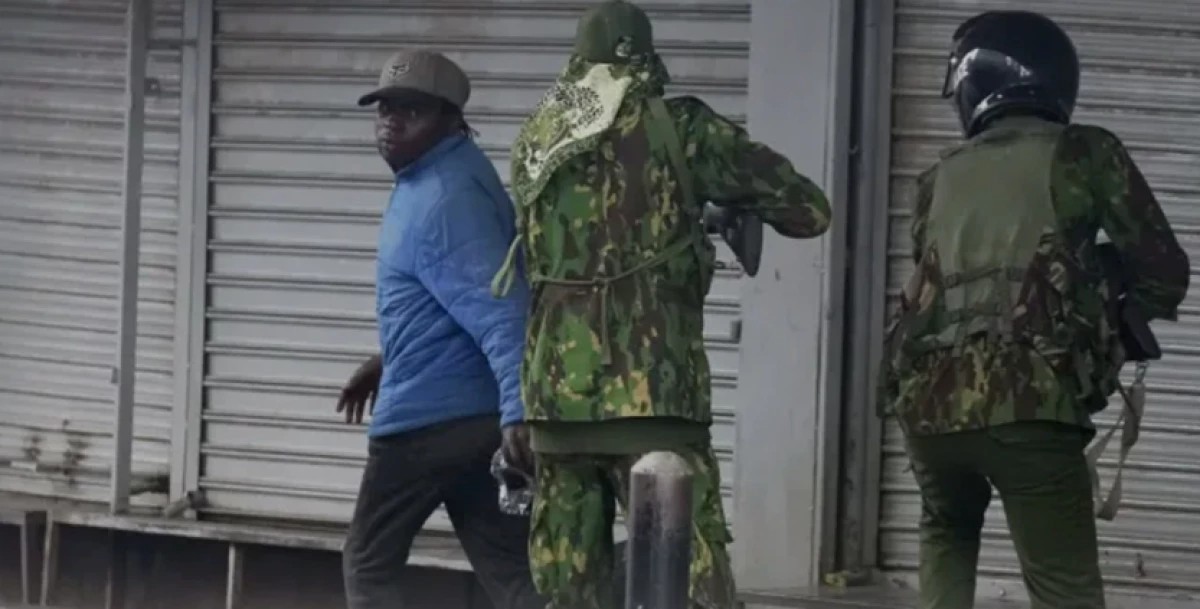- The recent case of Boniface Kariuki, a mask vendor who was shot by a police officer in Nairobi when protests turned chaotic on June 17, 2025, explains the lack of emotional intelligent among police officers.
Emotional intelligence being the capacity to be aware of, control and express one's emotions in handling interpersonal relationships, is an important ingredient in the police force.
Police officers need emotional intelligence to manage their emotions effectively and understand the emotions of other people as well. This is important in de-escalation, building trust and navigating the challenges that they face.
Emotional intelligence calls for the ability for self-regulation, self-awareness, social awareness, as well as relationship management, all geared towards better communication, better decision-making skills and general performance.
Sadly, most Kenyan police officers are not emotionally intelligent.
The recent case of Boniface Kariuki, a mask vendor who was shot by a police officer in Nairobi when protests turned chaotic on June 17, 2025, explains the lack of emotional intelligent among police officers.
Read More
Kariuki was shot at close range in Nairobi along Tom Mboya Street. It was on the material day, when Kenyans left for the streets calling for Deputy Inspector General of Police Eliud Lagat to resign following the custodial death of Albert Ojwang two weeks earlier.
A shocking moment was unveiled when a widely circulated video captured two police officers confronting Kariuki before one of them fired at him point-blank. Kariuki fell onto his abdomen, and the police officers left him unconscious on the floor.
There was no evidence of confrontation between the officers and Kariuki till two weeks later when ex-police spokesman Charles Owino claimed on a national TV that Kariuki, who was vending masks, abused the police before one of them fired at him.
The accusation is subject to verification because no one else heard the hawker abuse the police.
However, whether Kariuki abused the police or not, was firing at him the best option for resolving the matter?
Kariuki's case is not the first, second or third of such instances in Kenya. Several other similar instances have happened in the past where even minors were fired at by the police.
Since maintaining public order and safety is among the primary roles of the police in Kenya, the officers need to be trained on emotional intelligence. The ability to manage emotions, practice empathy and recognise how others feel is part of emotional intelligence maturity.
The police officer who shot Kariuki was not emotionally intelligent. He lacked the ability to restrain anger and manage his emotions during that fateful moment.
Whether there was a confrontation between them or not, as argued by Charles Owino, firing at an unarmed civilian was not the right thing to do. Why didn't he use a rubber bullet or tear gas to punish him?
Although at times the police officers may be overwhelmed, tired, angry, and even abused by the citizens, they have to remember their core mandate: "to protect lives."
Police training academies and institutions need to factor into their curriculum the topic of "Emotional Intelligence". Although policing is never an easy job, the officers need emotional intelligence to execute their primary mandate of maintaining law and order, preserving peace, as well as protecting life and property.




-1772102940-md.jpg)


-1772090413-1772095461-md.jpg)


-1772102940-sm.jpg)

